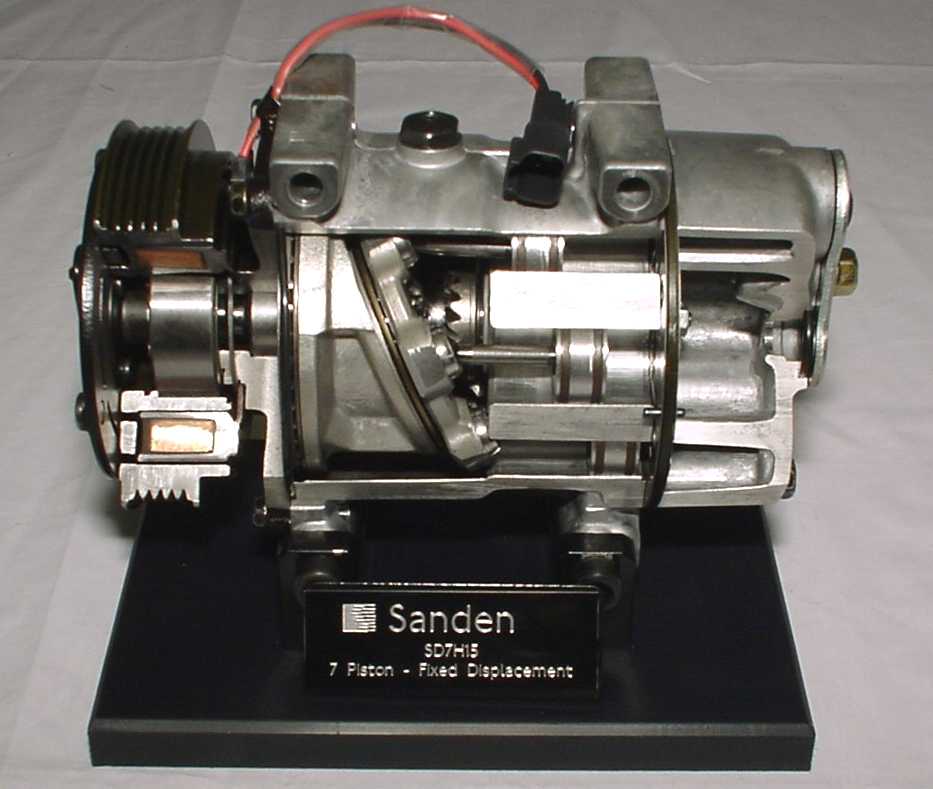winkosmosis
NAXJA Forum User
- Location
- Maui, Hawaii
It does get quite a bit hotter when the engine is off. I have a mechanical temp gauge. If the engine is idling.. and the temp is 190, I can turn the engine off, let it sit 5-10 mins, come back and crank it, and it will be at 200-210.
Sounds like the coolant is getting hotter, as it absorbs heat from the engine but has nowhere to get rid of it. The engine itself won't get any hotter htough.

